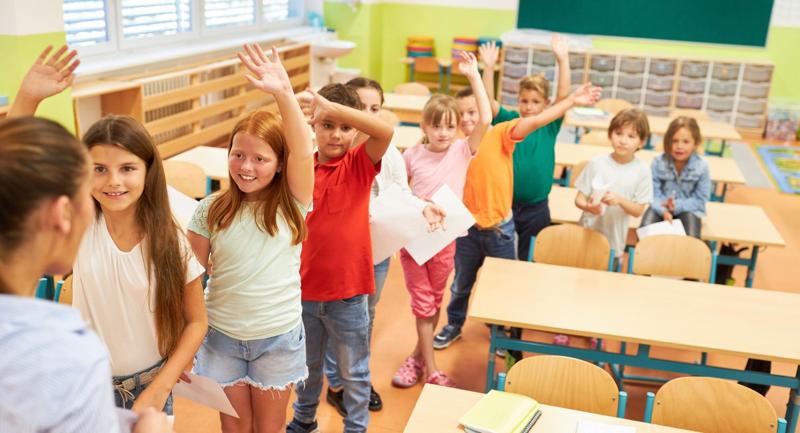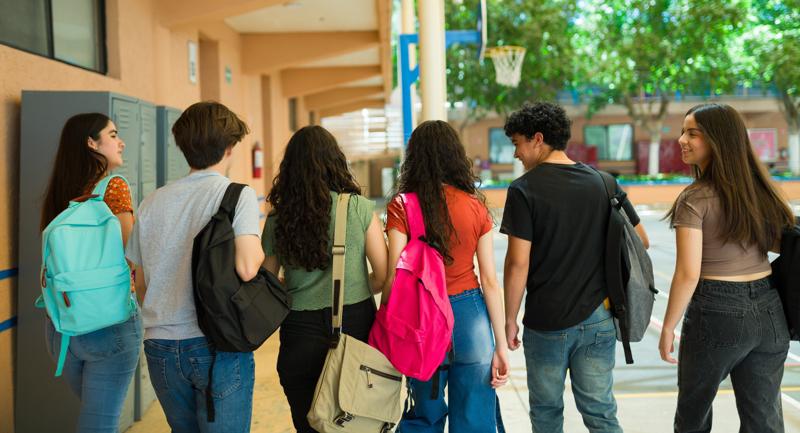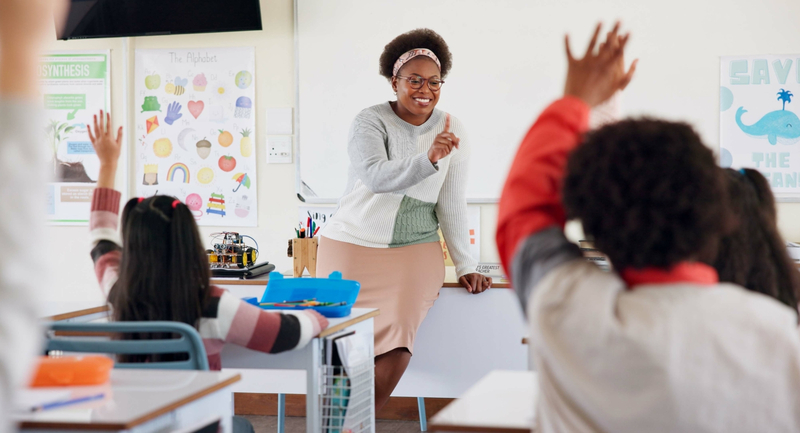As educators, we know the excitement—and sometimes the nervousness—that comes with starting a new school year. You’ve organized your classroom, planned engaging lessons, and are hopeful this will be your best year yet. However, even the most experienced teachers know that despite careful preparation, managing student behavior remains one of the most complex parts of teaching.
At times, classroom management can feel like gently juggling jellyfish—each student's emotions and reactions are fluid, delicate, and unpredictable. One wrong move and things might become uncomfortable. Yet, with gentle confidence, deliberate care, and practiced calmness, even the slipperiest situations can be handled gracefully, keeping both you and your students safe and thriving.
Drawing from my experience of over 30 years teaching, coaching educators, and leading schools toward notable academic growth, I developed the strategy card deck, Confident Classroom Management Moves. This deck provides 50 practical ideas designed to create positive classroom environments and address student behavior proactively and effectively. It includes 21 proactive classroom management moves to strengthen relationships and reinforce social skills—practices like setting clear expectations, building routines, and fostering a positive classroom climate. It also offers 29 on-the-spot classroom management moves—immediate, low-disruption techniques for guiding students back on track without escalation; these are the ones you use in the “heat of the moment.”
Four tactics from the deck are explored in this blog post to give you a confident start to the new school year.

1. Let Each Day Start Fresh
Every school day is a new beginning—for both teachers and students. Holding onto past conflicts or disruptions can sour the atmosphere and restrict fresh learning opportunities. Instead, greet every student with a friendly welcome and offer them a chance to start anew. Simple greetings like, "Good morning! I’m happy you’re here today!" set an inviting tone and spark positivity, particularly for students you’ve had a conflict with the day prior.
I observed a 5th grade classroom in Illinois where a teacher greeted every student warmly each morning, even following really tough days before. This consistent, composed assurance gradually reshaped her classroom culture, fostering improved student-teacher rapport and smoother classroom interactions. Over time, students learned that conflicts didn’t rupture the relationship—there was always a fresh start.

2. Maintain Relationships Separate from Behavior
Clearly distinguishing students’ actions from your relationship with them can transform classroom interactions. Reminding students, “Everyone makes mistakes, but mistakes don’t change how we treat each other. We'll fix this together," reassures them of their inherent worth. And it puts a bit of distance between the student as a person and the unhelpful choices they may be making.
In one Arizona middle school science class I coached, disruptions initially dominated lessons. But by emphasizing this separation consistently, the teacher preserved strong student relationships even during tough times. Separating behavior from the person wasn’t the only tactic this teacher used for relationship building, but it was central to his philosophy. This approach, combined with clear expectations, notably decreased disruptions and enhanced mutual respect.

3. Redirect with Calm, Neutral Phrases
Another effective strategy involves using neutral, calm language for redirection. Simple phrases like “No, thanks,” or “Oops, give that another try,” gently refocus students, often without triggering defensiveness or embarrassment.
In a 9th grade English class, a teacher I supported became particularly skilled at calmly redirecting off-task students. He liked to say, “Rewind that!” or, with a warm, raised eyebrow, “Try again!” His even-tempered approach and respectful wording allowed students to self-correct with dignity, keeping classroom routines steady and respectful.

4. Conduct Social Audits for Better Interactions
Students who frequently struggle socially benefit from structured reflection and planning. A social audit—where you guide students through reviewing a situation that occurred, identifying missteps, and outlining future actions—offers clear and precise empathetic direction. Students often need help objectively assessing how their behavior impacted others or themselves. Asking a student to articulate the events that happened, where they made slip-ups, and how they’ll self-correct moving forward provides a simple three-step analysis that can yield high-end results.
A 4th grade co-taught classroom I worked with in California experienced regular interpersonal conflicts. Introducing social audits significantly improved their interactions. Out of earshot of other students, the teachers privately guided students through verbal reflections during recess or quiet moments when other students were doing independent practice. This guided students to think proactively about better responses. Over a few months, these students became more independent in managing their conflicts, creating a more peaceful classroom.
Bringing It All Together
The strength of this handful of confident classroom management strategies lies in their simplicity and practicality. Minimal prep is required, only your intentional and thoughtful execution. These moves support a reflective and responsive classroom environment and prioritize empathy, connection, and mutual respect.
Whether you're new to teaching or a veteran refreshing your methods, these easy-to-implement techniques can boost your classroom effectiveness in a fairly short time. As you embark on another rewarding school year, integrating these methods into your daily routines can foster a vibrant learning environment where both affective and academic growth flourish. And you’ll be less likely to get stung by management mayhem when it strikes. Wishing you a year full of positive connections, confident teaching, and joyful classrooms!
Confident Classroom Management Moves
This QuickWins! strategy deck offers 50 low-prep moves to help teachers build strong student relationships and respond effectively to behavior in the moment.






